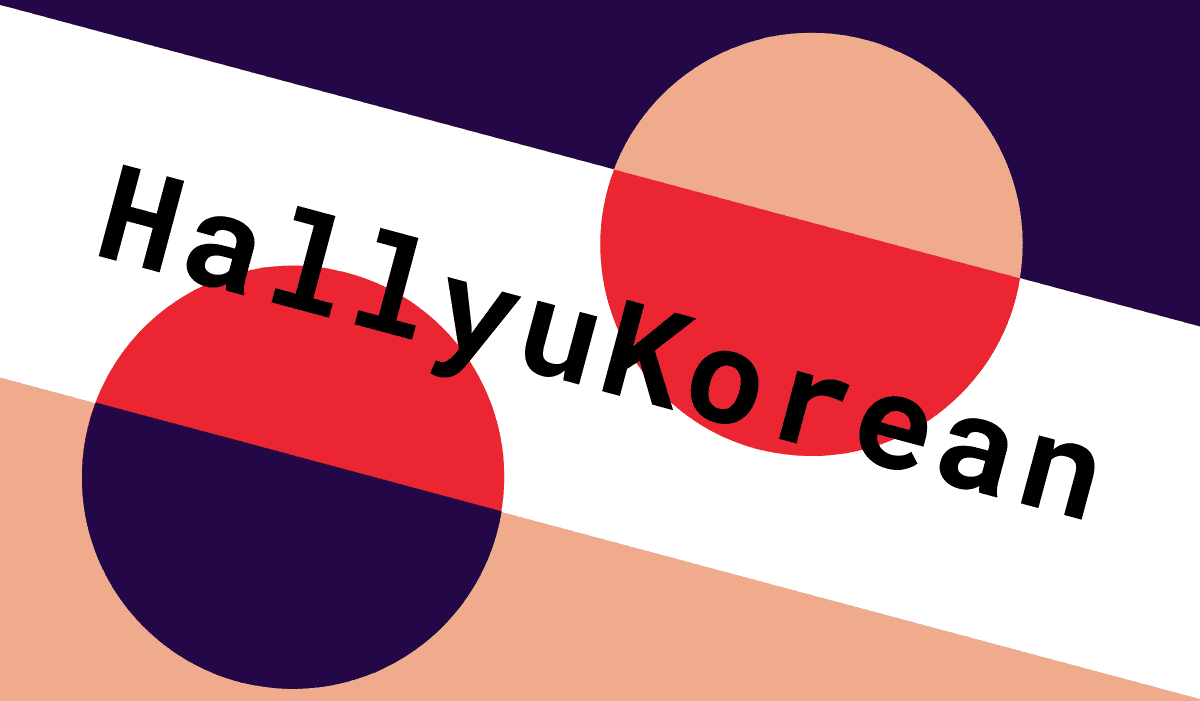Welcome back. This is the 20th post in the series of 1000 Korean words for everyday use by analyzing the word frequency of more than 1,000 episodes of Korean dramas.
Today, let’s explore the meaning and context of 5 key Korean words “돈, 끝, 정말, 오빠, 때문” with sample sentences.
Click the play button below to listen to all the words and sample sentences in this post.
Basic Korean words : 돈, 끝, 정말, 오빠, 때문
96. 돈 [don] – money
– 돈 [don] means “money”, referring to currency or financial value.
Example sentences:
돈이 없으면 어떡하죠? What should I do if I don’t have any money?
97. 끝 [kkeut] – end
– 끝 [kkeut] means “end” and is often used to refer to the conclusion or termination of something.
Example sentences:
이 이야기의 끝은 어떻게 될까요? How will this story end?
98. 정말 [jeong-mal] – really, truly
– 정말 [jeong-mal] means “really” or “truly”, emphasizing sincerity or truthfulness.
Example sentences:
정말 미안해. I’m really sorry.
99. 오빠 [o-ppa] – older brother (used by females)
– 오빠 [o-ppa] is used by women to address their older brothers.
– 오라버니 [o-ra-beo-ni] is an alternative term with a similar meaning, although it’s less commonly used.
Example sentences:
오빠, 오늘 뭐 했어? Hey, older brother, what did you do today?
오라버니, 여기 있어요? Hey, older brother, are you here?
100. 때문 [ddae-mun] – because, due to
– 때문 [ddae-mun] is used to indicate a reason or cause, similar to “because” or “due to” in English.
Example sentences:
그 불행한 일 때문에 심적으로 힘들었어요. I felt emotionally drained because of that unfortunate incident.
Grammar & Study Resources
Korean sentence structures
This table provides a simplified comparison of declarative sentence structure between Korean and English. It is important to note that actual sentence structures may vary depending on the complexity and context of the sentence. However, this table provides a general overview of the differences in sentence structure between the two languages.
| English | Example | Korean | Example | |
| Type 1 | S+V | I run | S+V | 나는 달려 |
| Type 2 | S+V+C | I am a student | S+C+V | 나는 학생이야 |
| Type 3 | S+V+O | I love you | S+O+V | 나는 너를 사랑해 |
| Type 4 | S+V+IO+DO | I gave him an apple | S+IO+DO+V | 나는 그에게 사과를 주었어 |
| Type 5 | S+V+O+C | You make me happy | S+O+C+V | 너는 나를 행복하게 해 |
If you would like to learn more about Korean sentence structure, you can visit the following website.
Korean Sentence Structure – Basic word order and patterns

